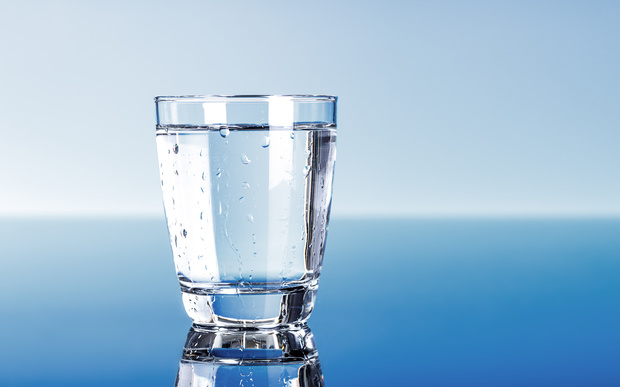It is very common for people to develop digestive health problems at some point. Poor eating habits, stress, and antibiotics are all factors that can disturb the proper functioning of your intestines, making you feel heavy and bloated. If you are susceptible to digestive problems or discomfort, here are five things you can do to keep your bowels healthy and happy.
1) Drink Water
Dehydration can often exacerbate digestive problems. Sparkling water, juice, and milk are also known to cause bloating. This is why it is vital to drink plenty of fluids, mostly water. It helps facilitate the passage of waste products to reduce bloating and swelling, making it easier to go to the bathroom. Without water, fibers will remain hard, which causes constipation. There are no specific guidelines for how much water to drink, but eight glasses a day can provide the hydration you need.

2) Maintain a Healthy and Balanced Diet
Diets can positively impact the condition of your heart, bones, and brain. Gut health can also be altered by the way you eat, so it is crucial to adopt a healthy and balanced diet. Many people do not include fiber in their diets, which can significantly aid in digestion and constipation prevention. For instance, it is advised to consume about 30 g of fiber each day. Fibres can be found in fruits and vegetables, brown rice, wholemeal bread, beans, oats, etc.
For some people, fibers such as cereals are known to cause more bloating. In such cases, look for fiber from fruits and vegetables such as bananas, apples, raspberries, oranges, avocados, and carrots.
For those suffering from cramps or constipation, magnesium-rich foods, including dark leafy, grains, nuts, and fish, can help. It will raise your intestines’ water content, help relax muscles, and move food around, making digestion easier.
Besides adding specific nutrients to your diet, it’s also beneficial to eliminate or reduce some of them. For example, red or processed meats are rich in saturated fats, which may raise blood cholesterol levels and increase the risk of intestinal problems. It is advisable to cut back on meat if you usually consume a lot. If you suffer from bloating, try to avoid foods known to cause or exacerbate these effects, such as onions, beans, cabbage, and broccoli.
3) Take Probiotics
Another vital factor to consider is the bacteria in your intestines, which can facilitate digestion, improve nutrient absorption, and tackle digestive problems. Eating foods or other products rich in probiotics can help maintain a healthy balance of bacteria. Probiotics can naturally be found in fermented foods such as tempeh, miso, kefir, and some yogurts. Many supplements sold in stores also contain probiotics. Daily consumption will allow you to replenish the “good” bacteria in your large intestine and thus contribute to keeping it healthy.

4) Stay Active
Excess weight can negatively affect your digestive system by placing more pressure on the stomach. Staying active is, therefore, very important. Aim for about 30 minutes of moderate physical activity at least five times a week. This will help maintain a healthy BMI (body mass index). If the gym or jogging does not work for you, try different activities such as walking, swimming, aerobics, or yoga.
5) Limit Your Alcohol Intake
As expected, consuming a large amount of alcohol can also be harmful to the digestive system. Alcohol renders the stomach more acidic than usual, leading to inflammation of the gastric mucosa and provoking symptoms such as pain, acid reflux, or diarrhea. If you are experiencing digestive problems and drink alcohol often, try to reduce the amount of alcohol you consume. It may make a significant difference to the symptoms you feel.
Occasional digestive issues are normal, but whenever you notice persistent symptoms, consult your doctor!


